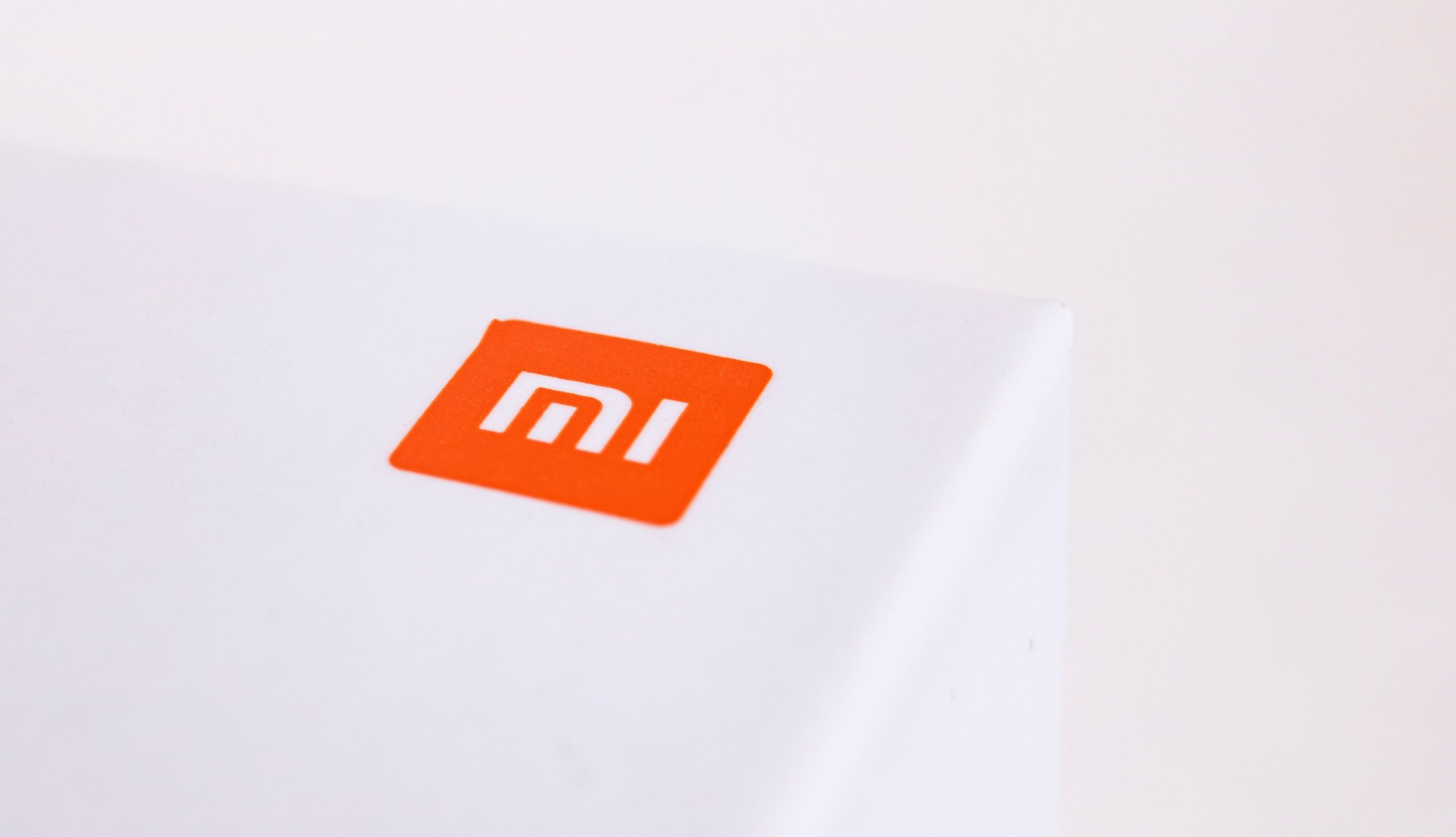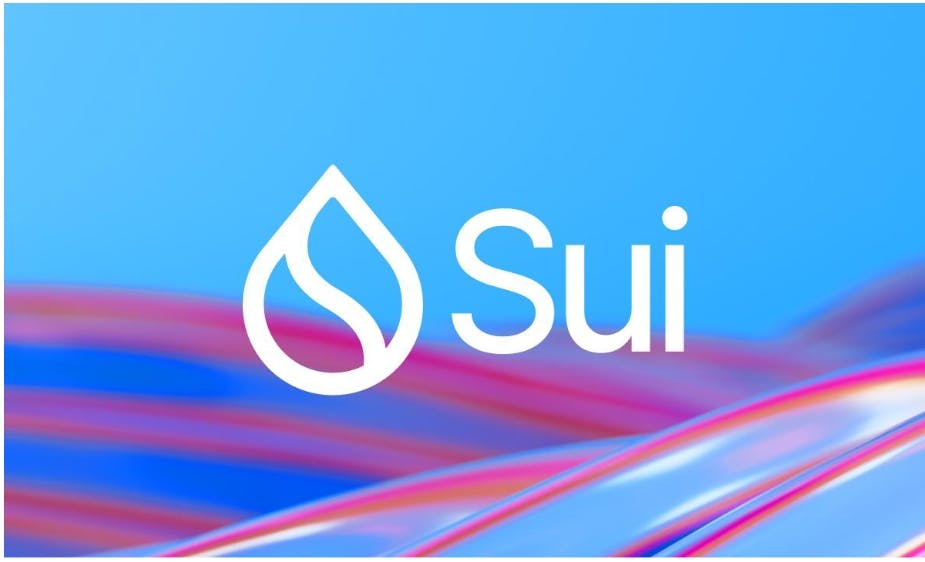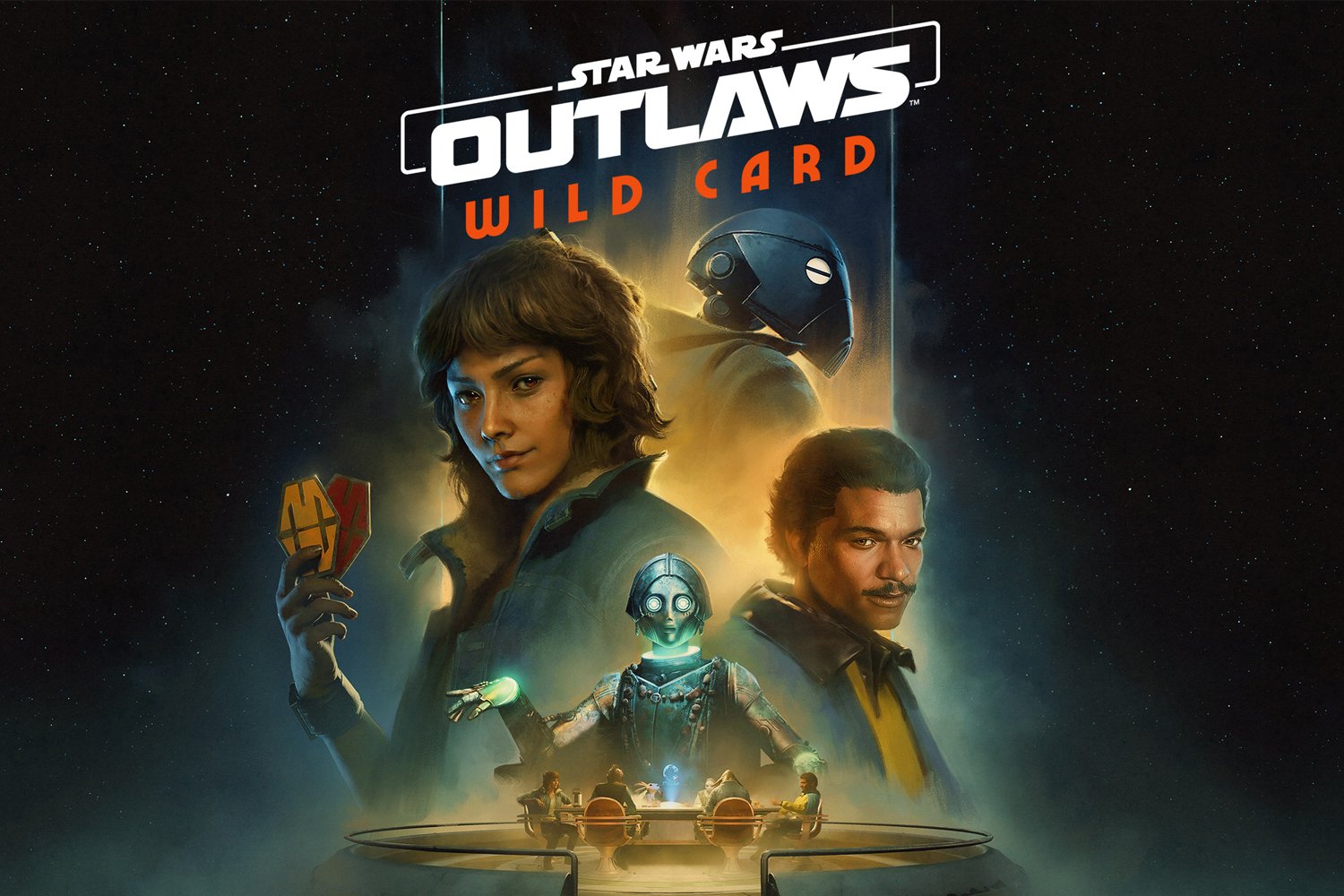If we compare a first date with a mathematical equation, one that is particularly complex, unpredictable and in which multiple variables intervene, more and more people choose to do without one of the elements that has been most present in recent years: alcohol. . Meeting a date in a bar to have a few drinks or in a nightclub, at night, to dance between drinks, is no longer as common as it was a few years ago. Not at least in the couples of Generation Z, among whom concepts such as sober dating o dry dating.
The idea is quite simple: on a date, three is a crowd. And that third element is the bottle or the disco drinks.
A laboratory called Tinder. People don’t go to Tinder to discover sociocultural phenomena. But with some 50 million users per month spread across 190 countries, the truth is that the dating app has become part of that: an interesting laboratory of social trends. And one of the conclusions that those responsible have obtained is that its users are drinking less and less in their meetings. This was revealed last year by the platform in a report with a quite eloquent title, “Sober in Love by Tinder”, in which, among other issues, it stated that one in four singles already preferred dates without alcohol.

Better without drinks. Tinder data is just that, Tinder data. They respond only to the information collected by the platform among its members. But they are still interesting because they reflect a clear trend towards dates without drinks or bottles of beer involved. According to the study, published last year, more than 25% of its members between 18 and 25 years old admitted to drinking less during their meetings than a year before and 72% stated that they never did it or only occasionally.
“Generation Z challenges this habit and joins the new trend of ‘Dry Dating’, completely abstaining from alcohol when meeting a person. Interest in ‘making drinks’ (sic) decreases by up to 53% compared to last year among Tinder members between 18 and 25 years old,” the company explained. Your data was collected during the first quarter of 2023 and in 2022.
The reflection in the networks. Tinder isn’t the only clue that beer, wine, or glasses of rum and vodka seem to be leaving the equation during Gen Z dating. Take a look at TikTok to discover that the hashtag #soberdate, #soberdating or #soberinlove accumulate a good handful of references. Also the dry dating it does so among traditional media. In both cases, there are many testimonies from people who have decided not to try alcohol when they meet someone.
In Spain, a few days ago The Newspaper published an article about dating without alcohol in which he shared a specific case, that of Víctor, the pseudonym used by a 27-year-old young man who a month ago decided that he would not try alcohol on his next Tinder date. Not because he was prevented from doing so by medical treatment or because he was teetotal. His motivation was simpler: he wanted to take alcohol out of the equation, make himself known as he was and also get to know the other person without the distorting filter of alcohol.

“I really liked it”. The testimony that Victor shared with EPE It helps to better understand Tinder data and why there are already so many Generation Z singles who prefer to do without beers, wine or cigars during their meetings.
Although he admits that at first he was worried that he would be unable to “let go” without the drink, as the date progressed Victor began to feel more comfortable. The other way around. By leaving out alcohol he was able to return home convinced that his impressions had not been “distorted” by the beer. “This way I’m clearer about whether I like someone, although I didn’t notice much difference between that date and others I’ve had a drink on,” he recalls. “You are more attentive to everything, you don’t resort to alcohol to relieve anxiety.”
“Alcohol distorts”. The distorting effect of the drink is one of the keys to the phenomenon. And it makes sense that this is the case, as he clarifies EPE Lara Ferreiro, psychologist and Dating Expert at Tinder Spain. “When someone does not drink, the prefrontal area, that of executive functions and concentration, is more active. When drinking, it disconnects and that is when the area of emotions comes into play.”
By putting a glass or bottle to our lips we may be able to relax temporarily, but that same gesture makes it difficult for us to be “aware” of what the person in front of us is really like. “Alcohol distorts,” he says.

“Be in the moment”. The magazine GQ shares some more testimonies, such as that of Lily, a 26-year-old Londoner who has also chosen to stop drinking. “Sobriety helped me stop and reconsider if I was really enjoying it or if it was just something that also made me feel sad,” he says of his personal experience. She even claims the value of sobriety in bed. “When you’re sober you have to be present. It also allows you to be more in the moment and you can more easily figure out what really turns you on.”
Another of those interviewed by GQIan simply recognizes that giving up the drink helps establish a more authentic connection. “By eliminating alcohol in a situation like this you are forced to develop a more intentional closeness. You can’t just rely on getting drunk to start conversations and promote intimacy,” he reflects.
Reinventing dating. Alcohol loses ground. And it is won by other accessories during dates. Tinder slides in a few “ideas” for “‘Sober in love’ first dates”; That is, alternatives to the classic date at a bar to share drinks.
Among the proposals of the application is to meet to do sports, drink mocktailsgo to the museum, to a restaurant or simply go to a cafe to chat with each other. lattes and cappuccinos. Coincident or not, Tinder assures that interest in the world of coffee among its users has experienced the opposite trend to that of alcohol: in a relatively short time it increased considerably, around 20%. Meetings to go out for a walk also increased by 6%.
Completing the picture. The phenomenon of relationships, alcohol and youth is actually much more complicated. This is demonstrated, for example, by Health data, which in its 2023 drug use survey reflects that alcohol is still present in the lives of young people: 75.9% of boys and girls between 14 and 18 years old had drunk at some time and at the time of the study, 20.8% had gotten drunk in the previous month.
There are also reasons for optimism: despite these percentages, there are studies that confirm a drop in alcohol consumption among young people, which also coincides with the tightening of policies to prevent drinking.
Image | Tony Mucci (Unsplash) and Sangría Señorial (Unsplash)
In WorldOfSoftware | Asturias has just celebrated three sologamy weddings: when the “yes I want” is actually a “yes (I) love me”












